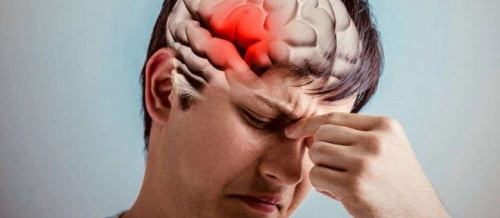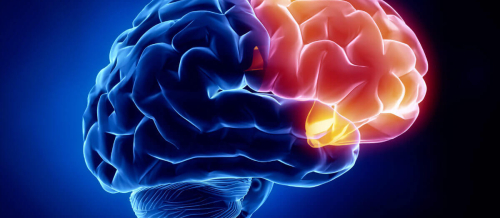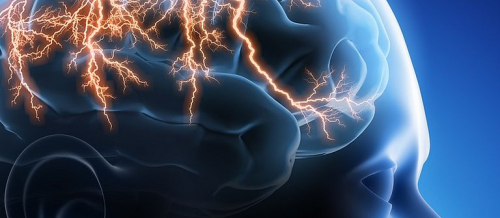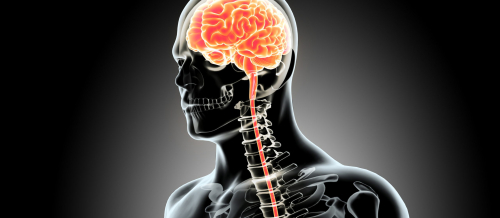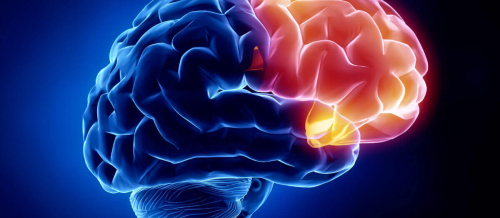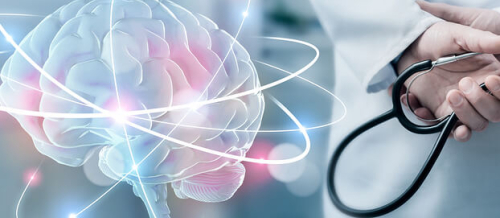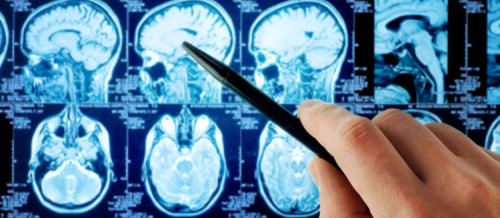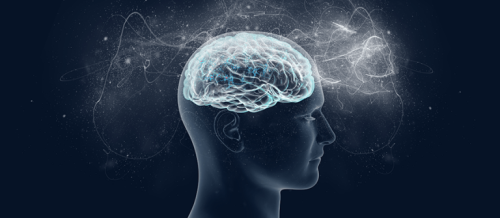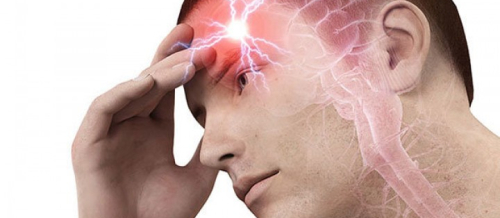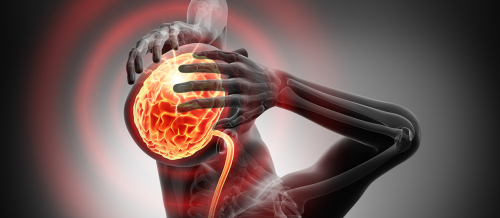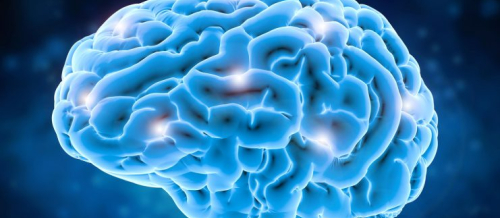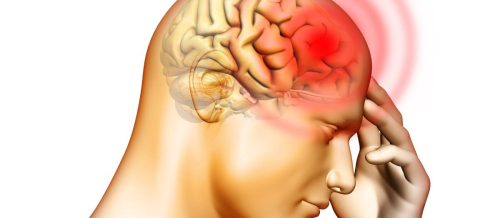Neurology is a branch of medicine that deals with diseases of the nervous system, as well as the brain and musculoskeletal system. It is not easy to make an initial diagnosis of neurology because the general symptoms are the same. Since it is the part that needs to go through the psychological process, treatment methods are discussed together with psychology. In this regard, neurological diseases usually come to the fore in genetics.
When applying the method of treatment of neurological diseases, establishing a diagnosis is of great importance. If there are symptoms in neurology, the most important solution is to consult a specialist doctor as soon as possible.
Neurology deals with the entire brain and nervous system. Risk factors occurring in this region are provided by diagnosis and treatment methods under the supervision of a specialist doctor. From this point of view, we can talk about many different issues about which diseases neurology deals with.
- Sudden memory loss with numbness in the extremities
- ALS disease and multiple sclerosis
- Parkinson's disease and hand tremors over time
- Severe headaches and persistent dizziness
- Pain and numbness in the face
- Forgetfulness
- It occurs anywhere in the body
- Epilepsy and sensory loss from epilepsy
Since neurological diseases are very similar to each other, it is not easy to diagnose. In this regard, some technical methods for making a correct diagnosis are discussed:
- Tomography
- Physical examination
- Magnetic resonance imaging
- Direct x-ray
- Biopsy
- Neuroendocrine studies
- Ultrasonography
- Lumbar puncture
- Electroencephalography

Nevrologiya şöbəsi, Baş ağrısı, miqren, Migrenin xüsusiyyətləri, Davamlı baş ağrıları
Nevrologiya şöbəsi Beyin, beyin sapı, onurğa beyni və periferik sinir sistemi və əzələlərin xəstəliklərini müayinə edir, diaqnostika və cərrahiyyədən başqa müalicələr həyata keçiririk. Nevroloji kl..
Nevroloq, Həkim Nevroloq, Nevroloji dərmanlar, Nevrologiya Mütəxəssisi, Yuxu pozğunluqları
Nevroloq Nevroloq nə deməkdir? Nevroloq nə edir? Onların Vəzifə və Məsuliyyətləri nələrdir? Nevroloq olmaq üçün hansı təhsil lazımdır? Nevroloqun Olmalı Olduğu Xüsusiyyətlər Həkim N..
Nevroloji xəstəliklər, Nevroloji, Nevrologiya şöbəsi, Yuxu pozğunluğu, Neyropatik Müalicə
Nevroloji xəstəliklər nevrologiyanın məşğul olduğu xəstəliklərə verilən ümumi addır. Nevroloji xəstəliklər diaqnoza uyğun olaraq təyin edilir. Nevroloji xəstəliklərin simptomları xəstəliyin di..
Nevroloji, Epilepsiya, Nevrologiya şöbəsi, Nevrologiya, Nevroloji Xidmətlər
Nevroloji sinir sisteminin fiziologiyası və xəstəlikləri ilə məşğul olan tibb elmidir. Sinir sistemi; beyin, onurğa beyni (onurğa beyni) və periferik sinir sistemindən ibarətdir. Bu üç şöbəni..
Nevrologiya, Nevroloji xəstəliklər, Baş ağrısı, demensiya, Yuxu pozğunluqları, əzələ xəstəlikləri, nevroloji müayinə
Nevrologiya Bu, beyin, beyin sapı, onurğa beyni, periferik sinir sistemi və əzələlərin işləməsi ilə bağlı problemlərlə məşğul olan bir elmdir. Memorial Sağlamlıq Qrupu Nevrologiya şöbələri; E..
Baş ağrısı, Baş ağrısının növləri, Migrenin xüsusiyyətləri, Migrenin növləri, Migren peyvəndi
Baş ağrısı Cəmiyyətdə baş ağrıları nə qədər yaygındır? Baş ağrısı cəmiyyətdə ən çox rast gəlinən şikayətlərdən biridir. Cəmiyyətdə baş ağrısı şikayəti olanların nisbəti 90 faizə çatır. M..
Baş ağrısı necə keçər, Baş ağrısına nələr səbəb olur, İlkin baş ağrısı, Dairəvi baş ağrısı
Baş ağrısı necə keçər? Baş ağrısı, başın və ya yuxarı boyunun müəyyən bir hissəsində yaranan ağrı olaraq nəzərdə tutulur. Əslində beynimizin özü ağrıya həssas deyil. Başımızdakı ağrıya həssas qurul..
Baş ağrıları və miqrenin müalicəsi, Baş ağrılarının səbəbləri, Baş ağrısı təhlükəli ola bilərmi, Miqrenin əlamətləri
Baş ağrıları və miqrenin müalicəsi Ağrı həkiminə müraciət edən xəstələrin çoxunu şiddətli baş ağrılarından əziyyət çəkənlər təşkil edir. Baş ağrısı ilə həkimə müraciət edən xəstələrin artıq bir çox..
Baş ağrılarının növləri, Gərginlik tipi baş ağrısı, Migren Baş Ağrısı, Klaster Baş Ağrısı Simptomları
Baş ağrılarının növləri hansılardır? Birincili və funksional baş ağrılarında baş ağrısının altında yatan başqa bir xəstəlik yoxdur. Buraya gərginlik baş ağrısı, miqren, nevralji baş ağrısı və klast..
Baş ağrısı nədir, Baş ağrısı, Migren, Baş ağrısını artıran səbəblər, Migrenin səbəbləri
Baş ağrısı nədir? Baş ağrısı insanlara təsir edən ağrılı vəziyyətlərdən ən çox görülənidir. Belə ağrılar sistematik xəstəliklərlə yanaşı nevroloji xəstəliklərə də yol aça biləcək bir simptomdur. El..
Beyin şişinin səbəbləri, Beyin şişlərinin təsnifatı, Baş beyin şişinin simptomları, Şüa müalicəsi
Beyin şişinin səbəbləri Serebral şişlərin, eləcə də digər lokalizasiyalı şişlərin yaranmasını müxtəlif toksiki maddələrin təsiri, ətraf mühitin əhəmiyyətli dərəcədə çirklənməsi, radiasiyaya məruz q..
Beyin şişləri, Qıcolma, Epilepsiya, Nitq qabiliyyətinin pozulması, Yaddaşla əlaqəli problemlər
Beyin şişləri çox təhlükəlidir? - Beyin şişlərini xoşxassəli və bədxassəli olmaqla 2 yerə ayıra bilərik. Xoşxassəli beyin şişlərində xərçəngli hüceyrəyə rast gəlinmir. Bu şiş əməliyyatla çı..
Baş ağrıları, epilepsiya, Beyin şişlərinin diaqnozu, Beyin şişlərinin müalicəsi
Baş ağrıları, epilepsiya beyin şişi əlaməti ola bilər Birincisi, xüsusilə, baş ağrısı olur. Şiddətli baş ağrıları beyin şişlərinin əlamətlərindən biridir. Təbii ki, hər baş ağrısı beynin şişinin ol..
Beyin şişləri və əlamətləri, Beyin şişinin növləri, Xoşxassəli beyin şişi, Bədxassəli beyin şişi, Beyin şişinin səbəbi
Beyin şişləri və onların əlamətləri Beyin xərçəngi kəllədəki hüceyrələr nəzarətsiz şəkildə böyüyərək çoxaldıqda baş verir. Beyin toxumasında anormal böyüyən hüceyrələr kütlə və ya şiş əmələ gə..
Nevroloji xəstəliklər, Nevrologiya, Mərkəzi Sinir Sistemi, Miqren, Epilepsiya, EEQ
Nevroloji xəstəliklər Biofaktorlar, təkcə ürək, beyin və ya daxili orqanlar kimi həyati vacib sistemlərimizin işləməsi üçün deyil, həm də sinir sisteminin normal işləməsi üçün vacibdir. Onlar həm..





